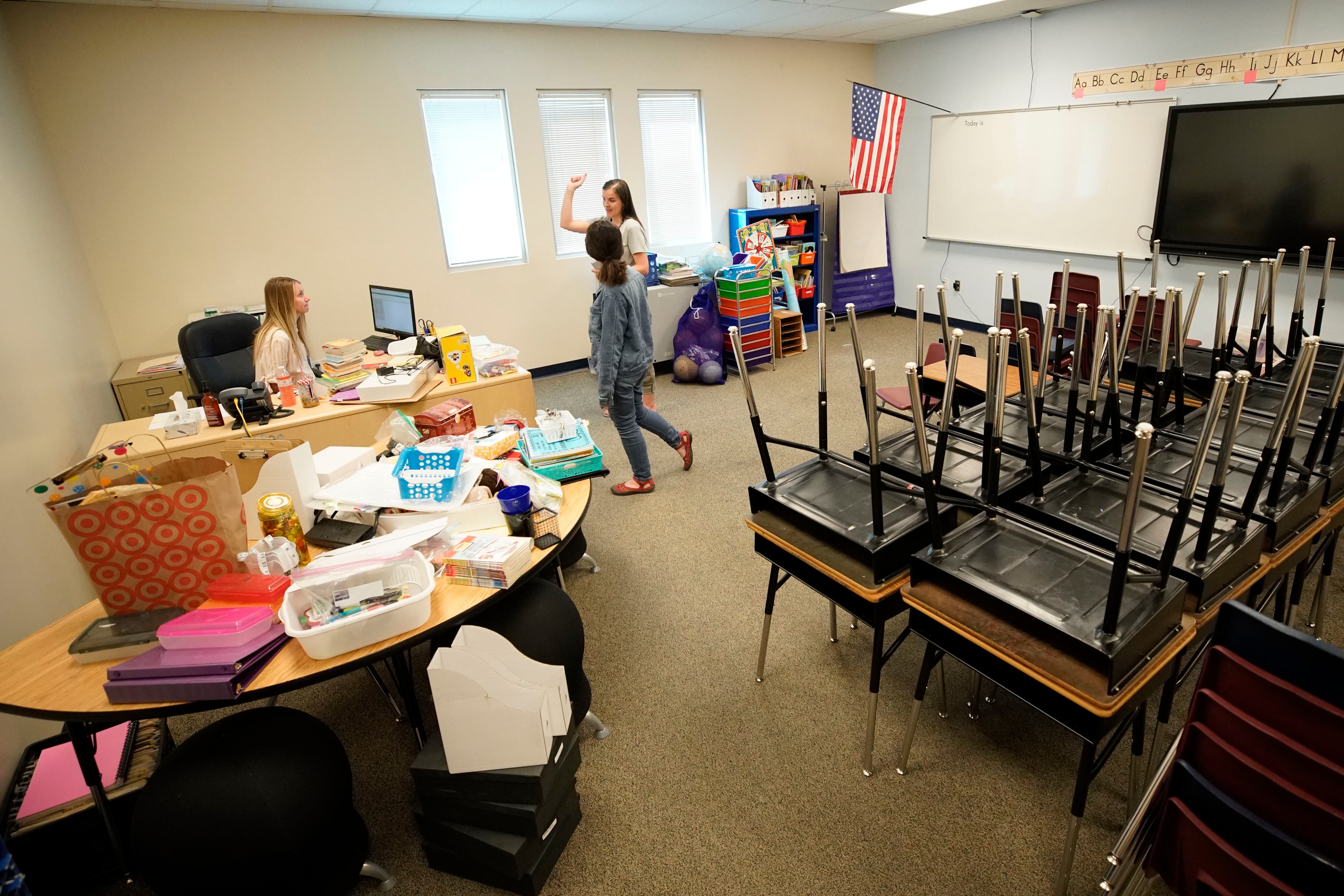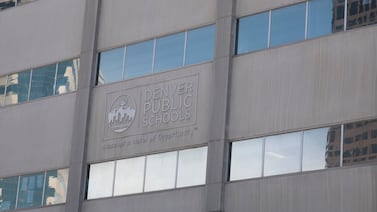The country saw 6% of its public education jobs disappear in just a month, according to a new analysis of federal employment data, when the nation’s schools shut their doors to halt the spread of the coronavirus.
In March, there were just over 8 million jobs in K-12 public education. By mid-April, that figure had dropped to just over 7.5 million — a loss of nearly 500,000 jobs.
“More K–12 public education jobs were lost in April than in all of the Great Recession,” wrote Elise Gould, who analyzed the data for the Economic Policy Institute, a union-backed progressive think tank. “And that’s before any austerity measures from lost state and local revenue have been put in place.”
The decline in public school employment is less severe than job losses in other sectors of the economy. The vast majority of teaching jobs have been spared, and unlike many private businesses, public schools generally have not yet seen a steep drop in revenue — though plummeting income and sales tax revenue has districts bracing for future cuts.
That made the latest numbers surprising. “I, for one, did not expect to see the losses as soon as April,” wrote Gould.
But lots of education-connected jobs are difficult or impossible to do remotely, and some districts have furloughed staff or eliminated positions with school buildings closed and budget cuts looming. Gould found that the job losses were concentrated among, tutors, teaching assistants, counselors, special education teachers, nurses, janitors, and other building maintenance workers.
Some of these cuts likely translate to real gaps in services for students, exacerbating existing concerns about the move to remote instruction.
It’s likely that most of these layoffs were designed to be temporary, and so these jobs could reappear quickly. School districts may have been especially willing to lay off or furlough workers this spring because the federal government is offering more generous unemployment benefits through July.
Schools may hire those same workers back come fall, particularly if buildings open and roles like janitorial staff become necessary again. But that will depend on schools having the budget to do so, and declines in tax revenue to support schools are expected to be steep.
Gould argues that the only solution is another large federal stimulus package. “In lieu of sufficient federal investment, it will be impossible for state and local governments to withstand the expected shortfall in revenues from the current economic disaster,” she wrote.
A total of 300,000 public education jobs had disappeared years after the onset of the last recession. Research found students saw declines in test scores as a result of school funding cuts over that period as well.
Economists are also concerned that job losses could further drag down the economy.
“Without sufficient staffing, we cannot safely reopen schools and get parents back to work — which will in turn hamper economic recovery,” Gould said.







